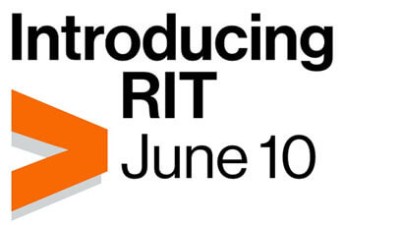Math Modeling Seminar - Centrosome Positioning in Polarized Cells
Pushing and pulling: Centrosome positioning in polarized cells
Dr. Adriana Dawes
Associate Professor
Department of Mathematics
The Ohio State University
Zoom Registration Link
Abstract:
Asymmetric cell division, where daughter cells inherit unequal amounts of specific factors, is critical for development and cell fate specification. In polarized cells, where specific factors are segregated to opposite ends of the cell, asymmetric cell division occurs as a result of positioning the centrosomes along the polarity axis. Using an individual-based stochastic model of centrosome-associated microtubule dynamics and experiments in early embryos of the nematode worm C. elegans, we explore potential sources of force generation and demonstrate the role of both cortical and centrosomal asymmetries for recapitulating the in vivo dynamics and proper positioning of the centrosomes prior to first division.
Speaker Bio:
Dr. Adriana Dawes is an Associate Professor at The Ohio State University, with a joint appointment in the Department of Mathematics and the Department of Molecular Genetics. Dr. Dawes earned her PhD in mathematics from the University of British Columbia, and focused on learning techniques in experimental biology as a postdoctoral fellow at the University of Washington's Center for Cell Dynamics. Dr. Dawes' research tightly weaves experimental and theoretical approaches to better understand how biochemical, mechanical and geometric features interact and regulate each other to give rise to a functional cell. Dr. Dawes is the recipient of an NSF CAREER award, and has received funding from the NIH and private foundations including the Gordon and Betty Moore Foundation.
Intended Audience:
Undergraduates, graduates, and experts. Those with interest in the topic.
The Math Modeling Seminar will recur each week throughout the semester on the same day and time. Find out more about upcoming speakers on the Mathematical Modeling Seminar Series webpage.
Event Snapshot
When and Where
Who
Open to the Public
Interpreter Requested?
No








